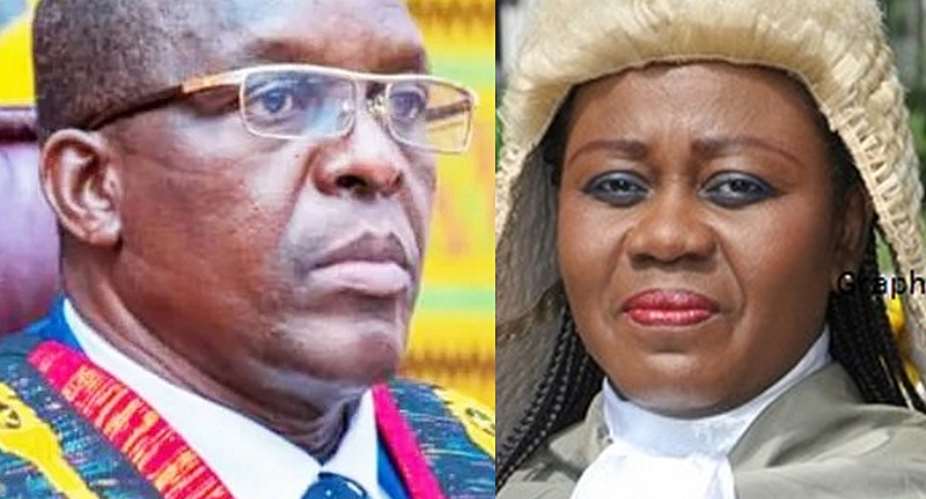This is how someone becomes lawfully recognised as a Member of Parliament in Ghana following an election. First, the Returning Officer sends a writ to the EC stating the name of the person elected as MP following a count of the votes. The EC then endorses the Writ. They then publish the Writ in a Gazette and inform the Clerk of Parliament that a particular candidate has been elected. ( CI 15 Regulation 41(1) ), Now, this is what happens concerning vacancies. Just as the EC informs the Clerk of Parliament concerning an election, the Clerk is required by the Constitution 112(5) to inform the EC within “seven days after the vacancy occurred”.

The EC has no mandate or duty to question the information provided by the Clerk. They can only act on that information. Now under Section 12 of the Parliamentary Service Act, 1993, the Clerk is answerable to the Speaker of Parliament. Therefore, where the Speaker has supplied the Clerk with information, a duty in law rests on the Clerk to act on that information.
The Ruling by the Speaker therefore supplied the Clerk with information that a vacancy had occurred in Parliament. He had become aware of that vacancy and was required within seven days to notify the EC so they revoke the writ of return of those MPs- the final step that seals the process.
The ruling by the Speaker was therefore capable of being “executed” in the broad sense of the word by the Clerk of Parliament. And the Court had every power to stop that further potential breach of the constitution from taking place pending their final determination of the issues.
What is curious is that those who fail to appreciate these simple things, rather accuse others of not reasoning.
BY: Lawyer Kofi Opare Hagan

